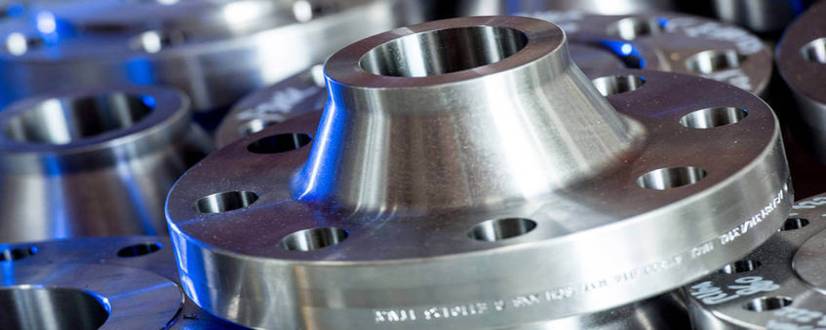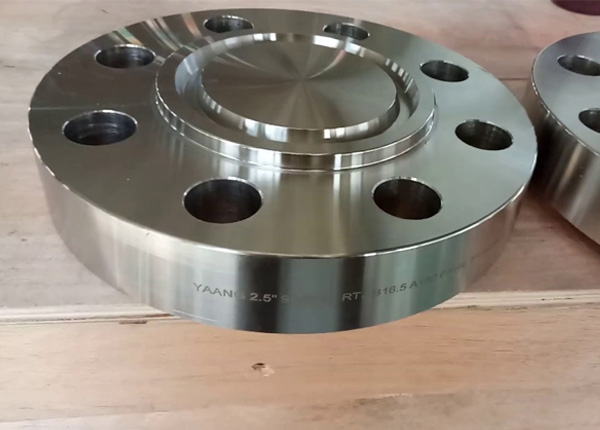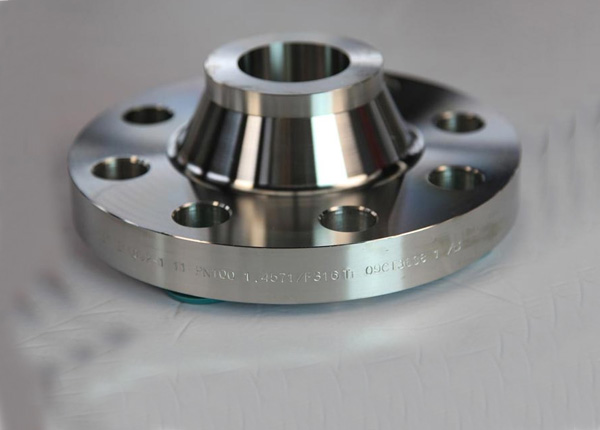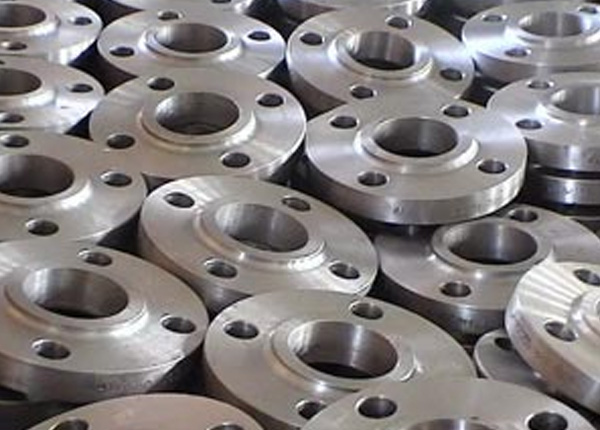
This product is likewise utilized in Paper mill & alkaline digesters, Vinyl chloride monomer, and so on. This product is regularly utilized in gadget for coping with abiotic acid within the manufacture of paper pulp. This product is as properly utilized in Food processing, Gas turbine additives, and Nuclear Engineering. This product can face up to the ammonia, nitriding and carburizing atmosphere. Alloy Steel F9 Lap Joint Flanges additionally has extremely good chloride strain corrosion cracking resistance if it is strain relieved.This metal has tensile and creep-rupture properties at temperatures as much as 1300 Degree F. It is designed to face up to an extensive variety of significantly corrosive environments and crevice corrosion.
We are professional enough to serve the requirements of clients for this metal in numerous markets such as automotive, medical, aerospace, plane, house-wares, food carrier, and plenty of others. This metal is taken into consideration the material of preference for almost all of plane engine additives with carrier temperatures beneath 1200 Degree F. Alloy Steel F9 Weld Neck Flanges has very excessive tensile energy, yield energy, and creep rupture properties. This metal is oxidation-corrosion-resistant materials properly perfect for carrier in severe environments subjected to stress and heat. This metal includes large quantities of molybdenum, iron and niobium together with lesser quantities of titanium and aluminium.
This metal allows annealing and welding without spontaneous hardening for the duration of heating and cooling, due to the terrible age-hardening response. This metal combines corrosion resistance and excessive energy in company of having an extremely good weldability, such as resistance to post-weld cracking. Precipitation-hardening nickel-chromium of this Alloy Steel F9 Reducing Flanges is characterised via way of means of having proper tensile, fatigue, creep and rupture energy.This metal has excessive tensile and creep-rupture properties at excessive temperatures and may perform at cryogenic temperatures. This product is taken into consideration the material of preference for almost all of plane engine additives with carrier temperatures beneath 1200 Degree F.








